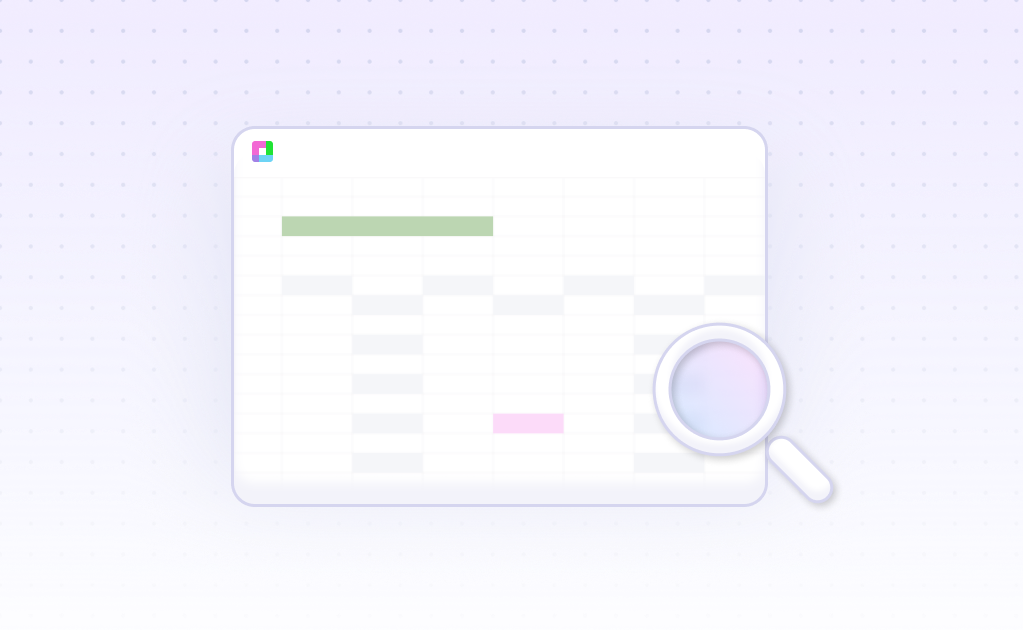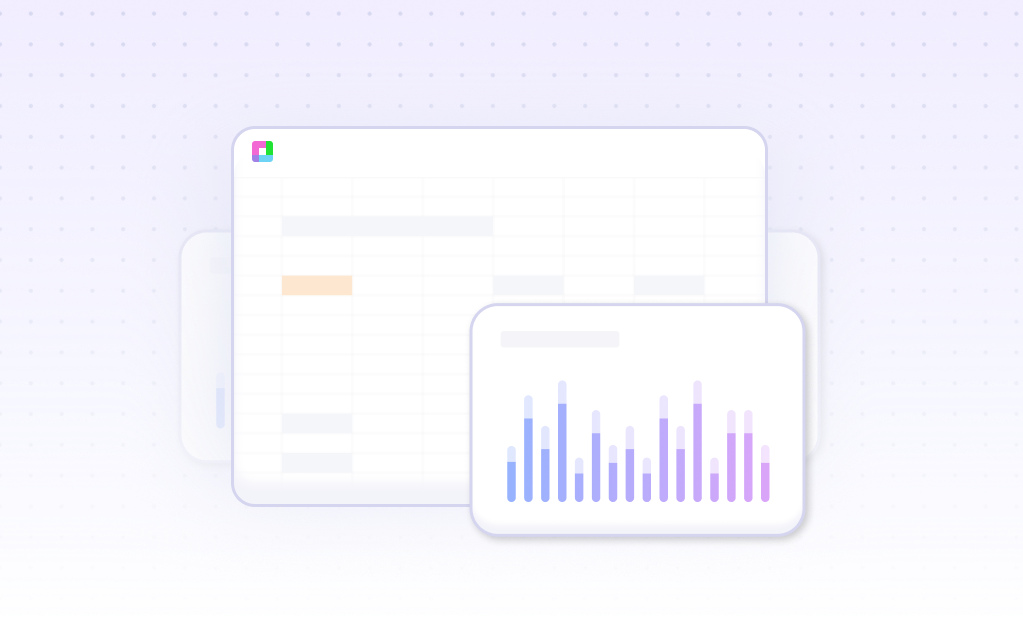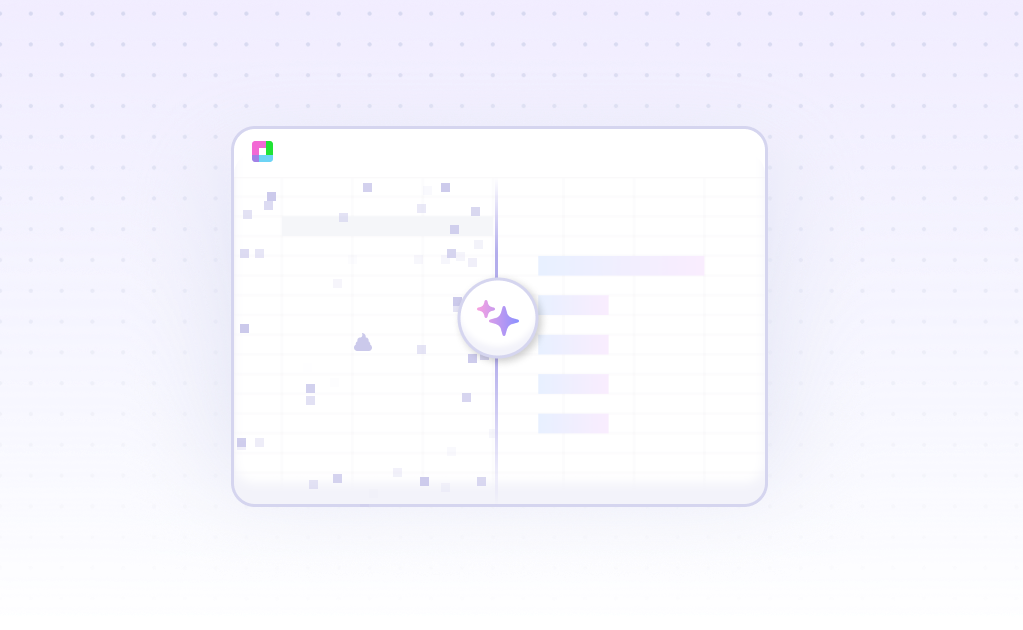
The Future of Personalized Healthcare
Picture this: a oncologist walks into their office Monday morning, coffee in hand, facing a stack of complex genomic reports. Each patient's data tells a unique story—genetic markers, treatment histories, biomarker expressions—but connecting these dots to find the perfect treatment combination? That's where the magic happens.
Precision medicine isn't just about having data; it's about transforming that data into life-changing insights. With AI-powered analysis, healthcare professionals can now navigate through vast genomic datasets, identify treatment patterns, and predict patient responses with unprecedented accuracy.
Why Healthcare Professionals Choose Our Platform
Discover the key benefits
Genomic Data Integration
Seamlessly import and analyze multi-omics data from various sequencing platforms. Process whole genome, exome, and targeted panel data with automated quality control.
Treatment Response Modeling
Build predictive models for drug efficacy and adverse reactions. Analyze historical patient outcomes to identify optimal treatment protocols.
Population Stratification
Identify patient subgroups based on genetic profiles, biomarkers, and clinical characteristics. Discover hidden patterns in complex healthcare datasets.
Real-time Insights
Get instant analysis results as new patient data arrives. Monitor treatment progress and adjust protocols based on real-time biomarker changes.
Regulatory Compliance
Maintain HIPAA compliance with built-in data security features. Generate audit trails and documentation for regulatory submissions.
Collaborative Research
Share anonymized insights across research teams. Collaborate on multi-site studies while maintaining patient privacy.
Precision Medicine in Action
See how healthcare organizations are using advanced analytics to revolutionize patient care
Cancer Treatment Optimization
A leading cancer research center analyzed 10,000+ patient genomic profiles to identify biomarkers predicting immunotherapy response. They discovered that patients with specific genetic variants had 40% higher response rates when treated with combination therapies versus monotherapy. This insight led to new treatment protocols that improved patient outcomes while reducing unnecessary side effects.
Pharmacogenomic Dosing
A major hospital system implemented precision dosing for warfarin therapy by analyzing patient genetic variants affecting drug metabolism. By incorporating CYP2C9 and VKORC1 genotypes with clinical factors, they reduced adverse bleeding events by 35% and achieved therapeutic dosing 50% faster than standard protocols.
Rare Disease Drug Development
A pharmaceutical research team studying a rare genetic disorder analyzed multi-omics data from 500 patients across 15 countries. They identified three distinct disease subtypes based on metabolomic profiles, leading to the development of targeted therapies for each subgroup and a 60% improvement in clinical trial success rates.
Cardiovascular Risk Prediction
A cardiology practice developed a precision risk model combining genetic risk scores with traditional clinical factors. Their model identified high-risk patients 2 years earlier than conventional methods, enabling preventive interventions that reduced cardiac events by 25% in their patient population.
Your Precision Medicine Analysis Workflow
From data import to clinical insights in four simple steps
Data Integration
Import genomic data from popular platforms like Illumina, Thermo Fisher, and PacBio. Our system automatically handles format conversion and quality assessment. Upload VCF files, expression matrices, and clinical data with drag-and-drop simplicity.
Automated Analysis
Run comprehensive analysis pipelines including variant annotation, pathway enrichment, and biomarker discovery. Our AI algorithms identify clinically relevant mutations and predict treatment responses based on established pharmacogenomic databases.
Pattern Recognition
Discover patient subgroups through unsupervised clustering and machine learning. Identify genetic signatures associated with treatment response, disease progression, and adverse events. Generate actionable insights from complex multi-dimensional data.
Clinical Reporting
Generate comprehensive reports with treatment recommendations, risk assessments, and supporting evidence. Export results in formats compatible with electronic health records and clinical decision support systems.
Advanced Analytics for Complex Healthcare Data
Clinical Applications Across Medical Specialties
Discover the key benefits
Oncology Precision Medicine
Analyze tumor genomics, identify targetable mutations, and predict immunotherapy response. Match patients to clinical trials based on molecular profiles and treatment history.
Pharmacogenomics
Optimize drug selection and dosing based on genetic variants affecting drug metabolism. Reduce adverse drug reactions and improve therapeutic outcomes.
Rare Disease Research
Identify disease-causing variants in small patient populations. Develop targeted therapies for ultra-rare genetic conditions with limited treatment options.
Cardiology Risk Assessment
Combine genetic risk scores with clinical factors for personalized cardiovascular risk prediction. Guide preventive interventions and lifestyle modifications.
Neurological Disorders
Analyze genetic factors in Alzheimer's, Parkinson's, and other neurodegenerative diseases. Identify patients likely to benefit from emerging therapeutic approaches.
Pediatric Genetics
Diagnose genetic disorders in children using whole genome sequencing. Provide genetic counseling support with comprehensive variant interpretation.
Frequently Asked Questions
What types of genomic data formats are supported?
Our platform supports all major genomic data formats including VCF, BAM, FASTQ, GFF, and BED files. We also handle expression data in formats like CSV, TSV, and Excel files. Array-based data from platforms like Illumina and Affymetrix are fully supported with automatic quality control and normalization.
How do you ensure patient data privacy and HIPAA compliance?
We implement end-to-end encryption for all data transfers and storage. Our platform is HIPAA-compliant with comprehensive audit trails, role-based access controls, and secure multi-tenant architecture. All analysis can be performed on de-identified datasets, and we provide tools for data anonymization and pseudonymization.
Can I integrate results with electronic health record systems?
Yes, our platform supports integration with major EHR systems through HL7 FHIR APIs. Analysis results can be exported in formats compatible with Epic, Cerner, and other clinical systems. We also provide standardized clinical reports that can be directly imported into patient records.
What machine learning algorithms are available for biomarker discovery?
We offer a comprehensive suite of ML algorithms including random forests, support vector machines, deep neural networks, and ensemble methods. Specialized algorithms for genomic data include genome-wide association studies (GWAS), polygenic risk scores, and pathway enrichment analysis. All models include interpretability features for clinical validation.
How accurate are the treatment response predictions?
Our prediction models are trained on large, diverse datasets and validated using cross-validation and external cohorts. Accuracy varies by indication, but typically ranges from 75-90% for well-established pharmacogenomic associations. We provide confidence intervals and uncertainty estimates for all predictions to support clinical decision-making.
Do you support multi-site collaborative research studies?
Absolutely. Our platform includes secure data sharing capabilities for multi-institutional studies. Researchers can collaborate on analysis while maintaining local data governance. We support federated learning approaches where models are trained across sites without sharing raw patient data.
What level of technical expertise is required to use the platform?
While our platform is designed for ease of use, some bioinformatics knowledge is helpful for advanced analyses. We provide comprehensive training materials, video tutorials, and expert support. Many common analyses can be performed using our guided workflows without requiring programming skills.
How do you handle population diversity in genetic analysis?
Our analysis pipelines account for population stratification and ancestry-specific genetic variants. We include diverse reference populations and provide ancestry inference tools. Treatment recommendations consider population-specific allele frequencies and pharmacogenomic associations to ensure equitable precision medicine approaches.
Frequently Asked Questions
If your question is not covered here, you can contact our team.
Contact Us




